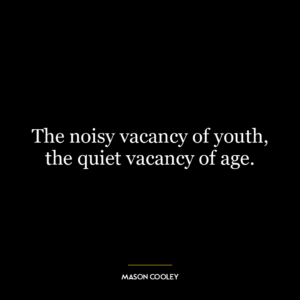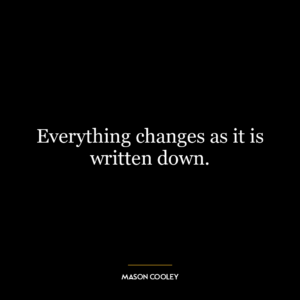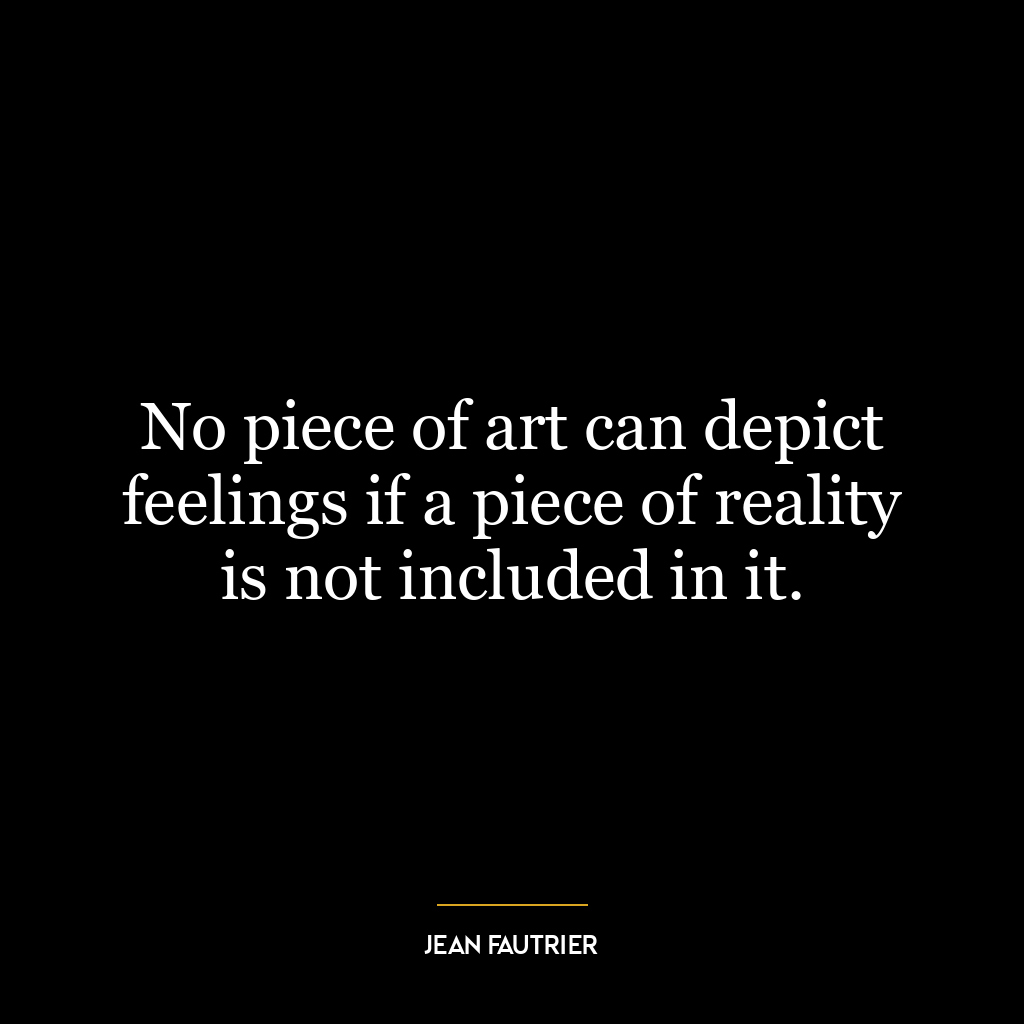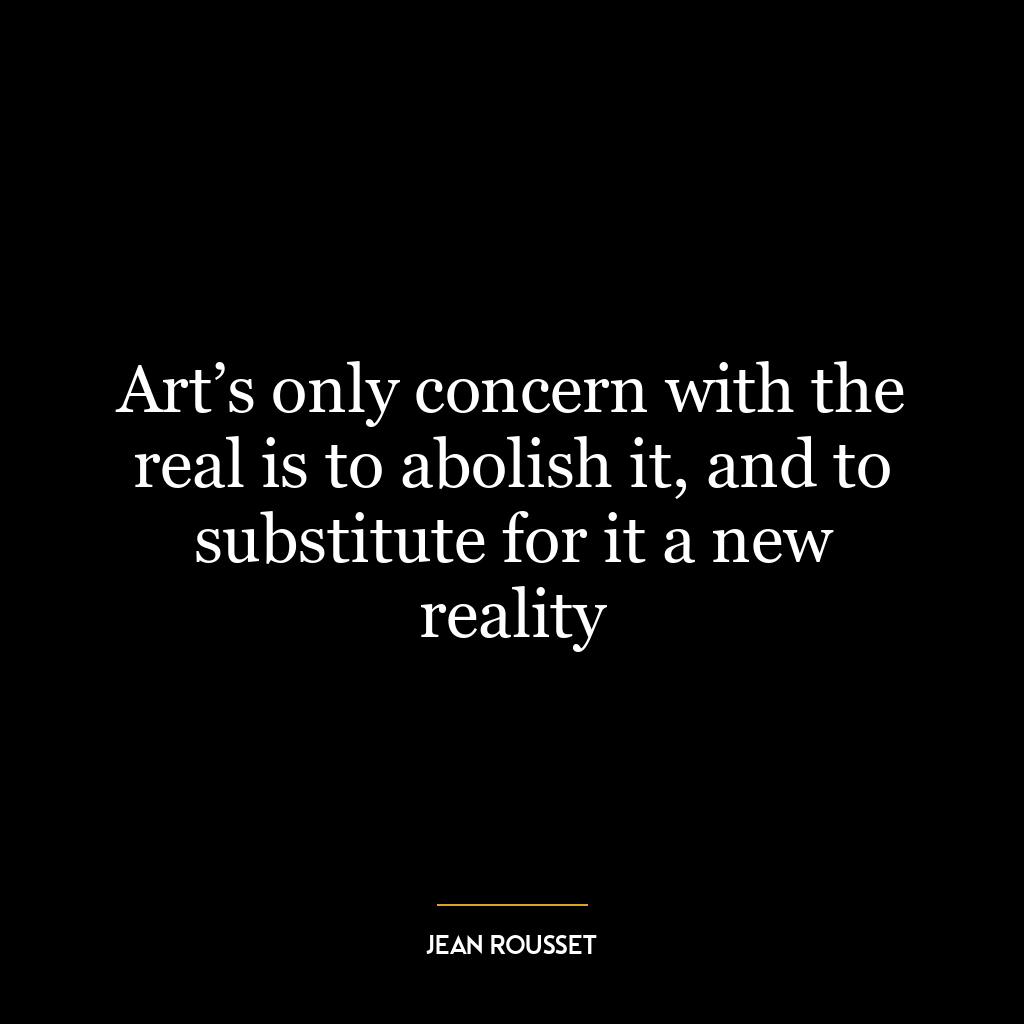This quote suggests that regardless of how closely our thoughts mirror reality, they are inherently subjective and follow their own unique patterns. In essence, it highlights the complex interplay between objectivity and subjectivity in human cognition. Even when we strive to remain objective and base our thoughts on real-world facts or events, our individual perspectives, biases, experiences and emotions inevitably shape the way we interpret those facts.
This idea has profound implications for personal development. It reminds us of the importance of self-awareness in thought processes. By recognizing that our thoughts operate according to their own rules, we can better understand why we think the way we do and work towards improving critical thinking skills.
Moreover, this concept is highly relevant in today’s world where misinformation is prevalent. We must be mindful of how our preconceived notions can distort objective information; thus leading us astray from truth. This quote encourages us to question not just what we think but also why and how we think it.
In a broader societal context, understanding this principle could promote empathy by reminding us that each person’s thought process is uniquely shaped by their experiences – what may seem irrational or wrong from one perspective might make perfect sense within another’s mental framework.
Thus “No matter how close thought sticks to the actual, it follows its own rules” serves as a reminder for introspection about cognitive processes while highlighting the need for flexibility in understanding others’ perceptions too.














